1. Chapter 9 – Cognitive Structures of Attitudes 1. Which of the following ...
... terms best describes ... The fact that most of us inhabit environments biased in favor of positions and beliefs that we hold can be best described by the term?
2. 5.3 Biases in Attribution – Principles of Social Psychology
The Fundamental Attribution Error. One way that our attributions may be biased is that we are often too quick to attribute the behavior of other people to ...
Chapter 5. Perceiving Others
3. Cognitive Dissonance - The Decision Lab
... can be consistent with our own beliefs. Cognitive dissonance and confirmation bias might therefore play a role, as we are more inclined to rationalize our ...
Cognitive Dissonance refers our tendency to prefer consistency in our beliefs and should inconsistency arise, we seek ways to get rid of the inconsistency.
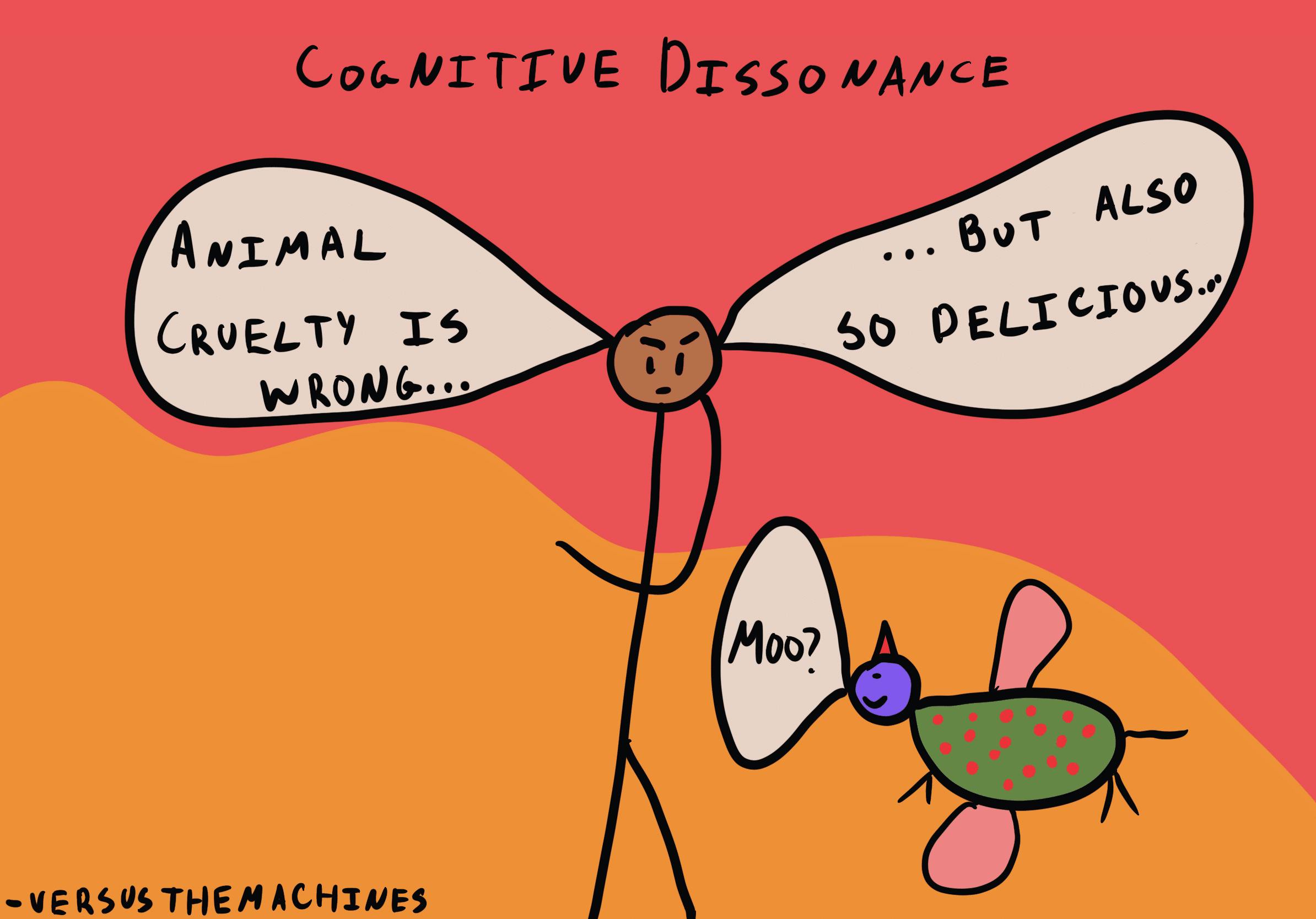
4. In-group bias - The Decision Lab
Most of us work & live in environments that aren't optimized for solid decision-making. We work with organizations of all kinds to identify sources of cognitive ...
In-group Bias is a cognitive bias that explains why people prefer those who we perceive as belonging to the same group as ourselves over "outsiders".
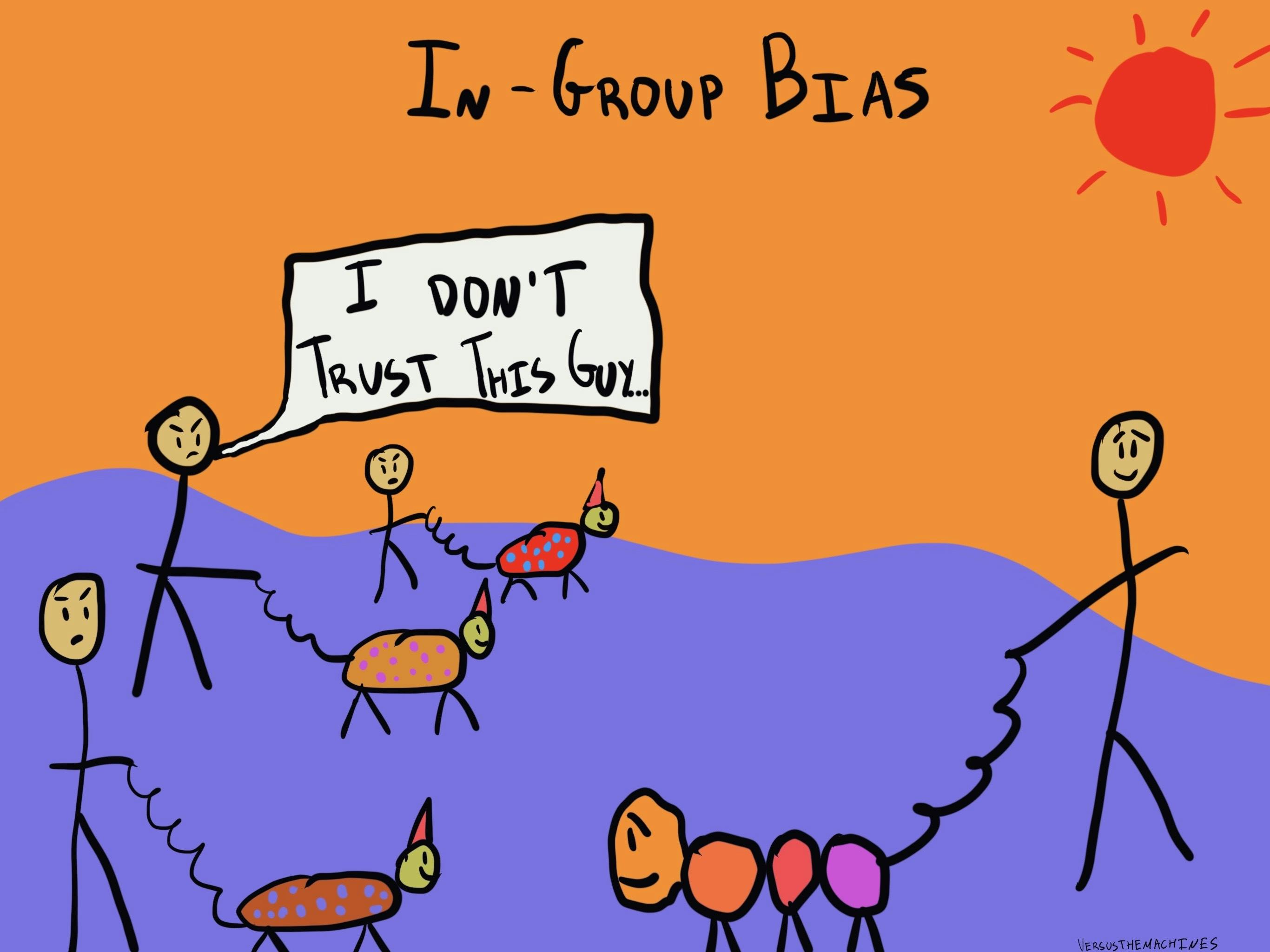
5. Social Psychology and Influences on Behavior - Lumen Learning
Social psychologists assert that an individual's thoughts, feelings, and behaviors are very much influenced by social situations. Essentially, people will ...
Social psychology examines how people affect one another, and it looks at the power of the situation. Social psychologists assert that an individual’s thoughts, feelings, and behaviors are very much influenced by social situations. Essentially, people will change their behavior to align with the social situation at hand. If we are in a new situation or are unsure how to behave, we will take our cues from other individuals.
6. Diversity, Equity, Inclusion, and Access 101 - CU Denver
Learn about equity & inclusion by understanding identity, bias, power, privilege, microaggressions, tokenism, cultural appropriation, and allyship.
7. How Does Implicit Bias Influence Behavior? - Verywell Mind
Missing: inhabit | Show results with:inhabit
An implicit bias is an unconscious belief about a group of people. Learn more about how these biases form and strategies to reduce their influence on behavior.
:max_bytes(150000):strip_icc()/GettyImages-513509899-7cf18fc20d0e44ac8b0dd7f7fc7e1036.jpg)
8. Diversity, Equity and Inclusion Glossary | College of the Environment
Ally: Someone who supports a group other than one's own (in terms of multiple identities such as race, gender, age, ethnicity, sexual orientation, religion, etc ...
The dialogue around diversity, equity and inclusion is broad and growing. This introduces the need for common vocabulary to avoid misunderstandings and misinterpretations. Words often have different meanings; depending on lived experiences words might hold different meanings for different people. The purpose of this glossary is to promote dialogue around equity and inclusion. This glossary […]

9. Cognitive bias and how to improve sustainable decision making - NCBI
Feb 28, 2023 · How can we intuitively calculate how much CO2 ... In the present paper we have described how ingrained cognitive biases in human thinking may ...
The rapid advances of science and technology have provided a large part of the world with all conceivable needs and comfort. However, this welfare comes with serious threats to the planet and many of its inhabitants. An enormous amount of scientific evidence ...

10. Systemic racism: individuals and interactions, institutions and society
Dec 20, 2021 · Implicit racial biases (improving only slightly over time) imbed within non-Black individuals' systems of racialized beliefs, judgments, and ...
Systemic racism is a scientifically tractable phenomenon, urgent for cognitive scientists to address. This tutorial reviews the built-in systems that undermine life opportunities and outcomes by racial category, with a focus on challenges to Black Americans. From American colonial history, explicit practices and policies reinforced disadvantage across all domains of life, beginning with slavery, and continuing with vastly subordinated status. Racially segregated housing creates racial isolation, with disproportionate costs to Black Americans’ opportunities, networks, education, wealth, health, and legal treatment. These institutional and societal systems build-in individual bias and racialized interactions, resulting in systemic racism. Unconscious inferences, empirically established from perceptions onward, demonstrate non-Black Americans’ inbuilt associations: pairing Black Americans with negative valences, criminal stereotypes, and low status, including animal rather than human. Implicit racial biases (improving only slightly over time) imbed within non-Black individuals’ systems of racialized beliefs, judgments, and affect that predict racialized behavior. Interracial interactions likewise convey disrespect and distrust. These systematic individual and interpersonal patterns continue partly due to non-Black people’s inexperience with Black Americans and reliance on societal caricatures. Despite systemic challenges, Black Americans are more diverse now than ever, due to resilience (many succeeding against the odds), immigration (producing varied backgrounds), and intermarriage (increasing the multiracial proportion of the population). Intergroup contact can foreground Black diversity, resisting systemic racism, but White advantages persist in all economic, political, and social domains. Cognitive science has an opportunity: to include in its study of the mind the distortions of reality about individual humans and their social groups.

11. Political Polarization in the American Public | Pew Research Center
Jun 12, 2014 · Republicans and Democrats are more divided along ideological lines – and partisan antipathy is deeper and more extensive – than at any point ...
Republicans and Democrats are more divided along ideological lines – and partisan antipathy is deeper and more extensive – than at any point in recent history. And these trends manifest themselves in myriad ways, both in politics and in everyday life.
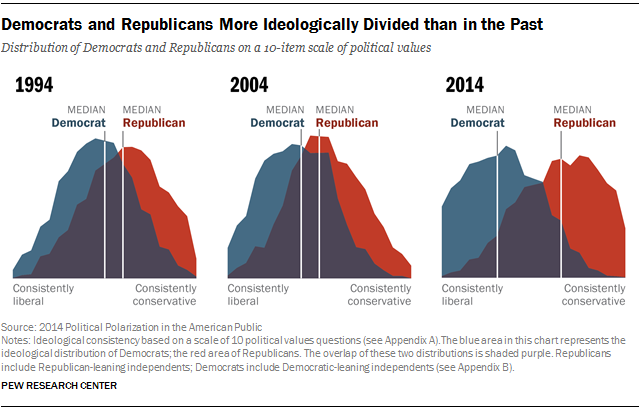
12. [PDF] preparing our youth for an inclusive and sustainable world | oecd
Together, we can foster global competence for more inclusive societies ... Students can voice their differences, biases and culturally determined beliefs through.
13. The Bias of 'Professionalism' Standards
Jun 4, 2019 · Professionalism has become coded language for white favoritism in workplace practices that more often than not privilege the values of white ...
Professionalism has become coded language for white favoritism in workplace practices that more often than not leave behind people of color. This is the fourth of 10 articles in a special series about diversity, equity, and inclusion.
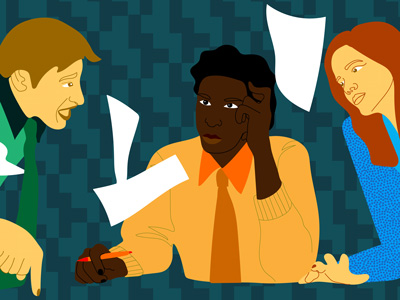
14. [PDF] Organizational Culture and Leadership
own response to the silence can best be characterized in terms of tension or ... ” or “Ed, can you give us some suggestion on how best to get started?” And ...
15. Political Polarization & Media Habits | Pew Research Center
Missing: hold | Show results with:hold
Liberals and conservatives turn to and trust strikingly different news sources. And across-the-board liberals and conservatives are more likely than others to interact with like-minded individuals.

16. Mental Models: The Best Way to Make Intelligent Decisions - Farnam Street
Relativity is a mental model that shows us we have blind spots and how a different vantage point can change everything. The list goes on. The models we use ...
The smartest people in the world use mental models to make intelligent decisions, avoid stupidity, and increase productivity. Let's take a look at how ...
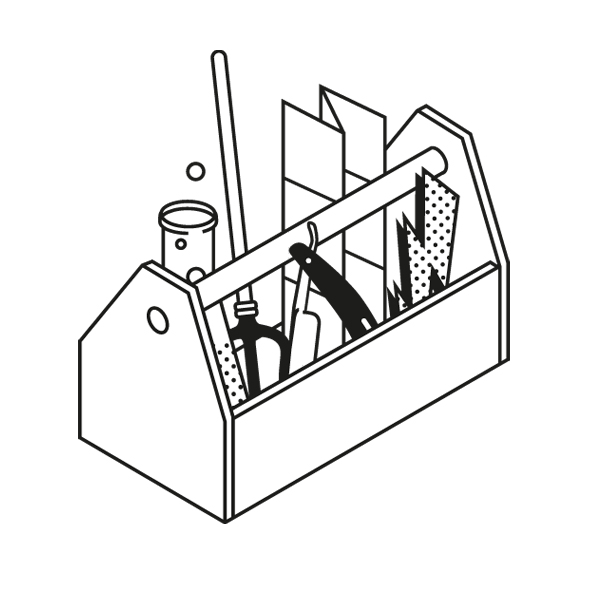
17. Social Justice Terms | Snohomish County, WA - Official Website
Please continue to check this glossary as terms may be added, deleted, or further explained. We do not claim to be the experts in terminology and want this to ...
Critical Analysis: A self-conscious critique that contains within it the need to develop a discourse of social transformation and emancipation that A.) does not cling dogmatically to its own doctrinal assumptions, and B.) demonstrates and simultaneously calls for the necessity of ongoing critique, one in which the claims of any theory must be confronted with the distinction between the world it portrays, and the world as it actually exists.